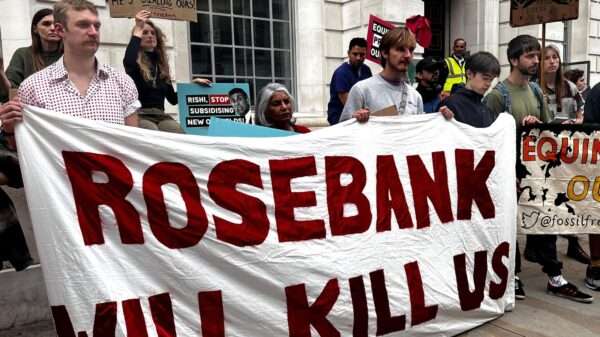In a significant development that signals a shift in global economic policy, the G20 countries have reached a theoretical consensus on implementing a targeted tax on the super-rich. This agreement, while still in its preliminary stages, marks a notable move towards addressing income inequality and redistributing wealth more equitably across nations.
The concept of taxing the wealthiest individuals is not new, but gaining consensus among the world’s largest economies underscores the growing recognition of the need for systemic change. The wealth gap has widened significantly over the past few decades, with the top 1% accumulating an ever-increasing share of global wealth. This disparity has been exacerbated by the COVID-19 pandemic, which saw the fortunes of the super-rich grow substantially even as millions faced economic hardship.
The G20’s agreement in principle highlights the political will to tackle these inequalities. However, translating this theoretical agreement into concrete policy will require navigating complex political, economic, and logistical challenges. Different countries have varying tax structures, enforcement mechanisms, and political climates, all of which will influence how a global tax on the super-rich could be implemented effectively.
One of the primary motivations behind this move is to ensure that those who have benefited the most from globalization and technological advancements contribute a fair share to society. This additional revenue is envisioned to support public services, infrastructure, and initiatives aimed at reducing poverty and boosting economic resilience, especially in developing nations.
The specifics of the proposed tax remain to be detailed. Key considerations will include defining who qualifies as ‘super-rich,’ determining the tax rates, and establishing mechanisms for international cooperation and compliance. The effectiveness of this tax will depend heavily on preventing tax evasion and ensuring that the wealthiest cannot simply move their assets to jurisdictions with more lenient tax laws.
Critics argue that without stringent enforcement, the super-rich will find ways to circumvent these taxes, as has often been the case with previous attempts at wealth taxation. There are also concerns about potential negative impacts on investment and economic growth. Proponents, however, maintain that a well-designed tax policy can mitigate these risks while providing substantial benefits to society.
The agreement among G20 nations also reflects a broader trend towards reevaluating the role of taxation in modern economies. Recent years have seen increasing discussions on various forms of wealth taxes, digital taxes, and corporate tax reforms aimed at ensuring that multinational corporations pay their fair share. This move towards taxing the super-rich can be seen as part of a larger effort to modernize tax systems in response to the changing dynamics of the global economy.
While the G20’s agreement is a significant step, the path to implementation will be long and complex. It will require cooperation not only among G20 countries but also with other nations and international organizations to create a cohesive and effective framework. The success of this initiative will ultimately depend on the political will to overcome obstacles and the commitment to creating a fairer global economic system.
In conclusion, the G20’s theoretical agreement on a targeted tax on the super-rich represents serious global progress in addressing economic inequality. It is a recognition that the existing economic order requires reform to ensure that the benefits of growth and globalization are more evenly distributed. While challenges remain, this agreement is a hopeful sign that the world’s leading economies are willing to take bold steps towards a more equitable future.

















































